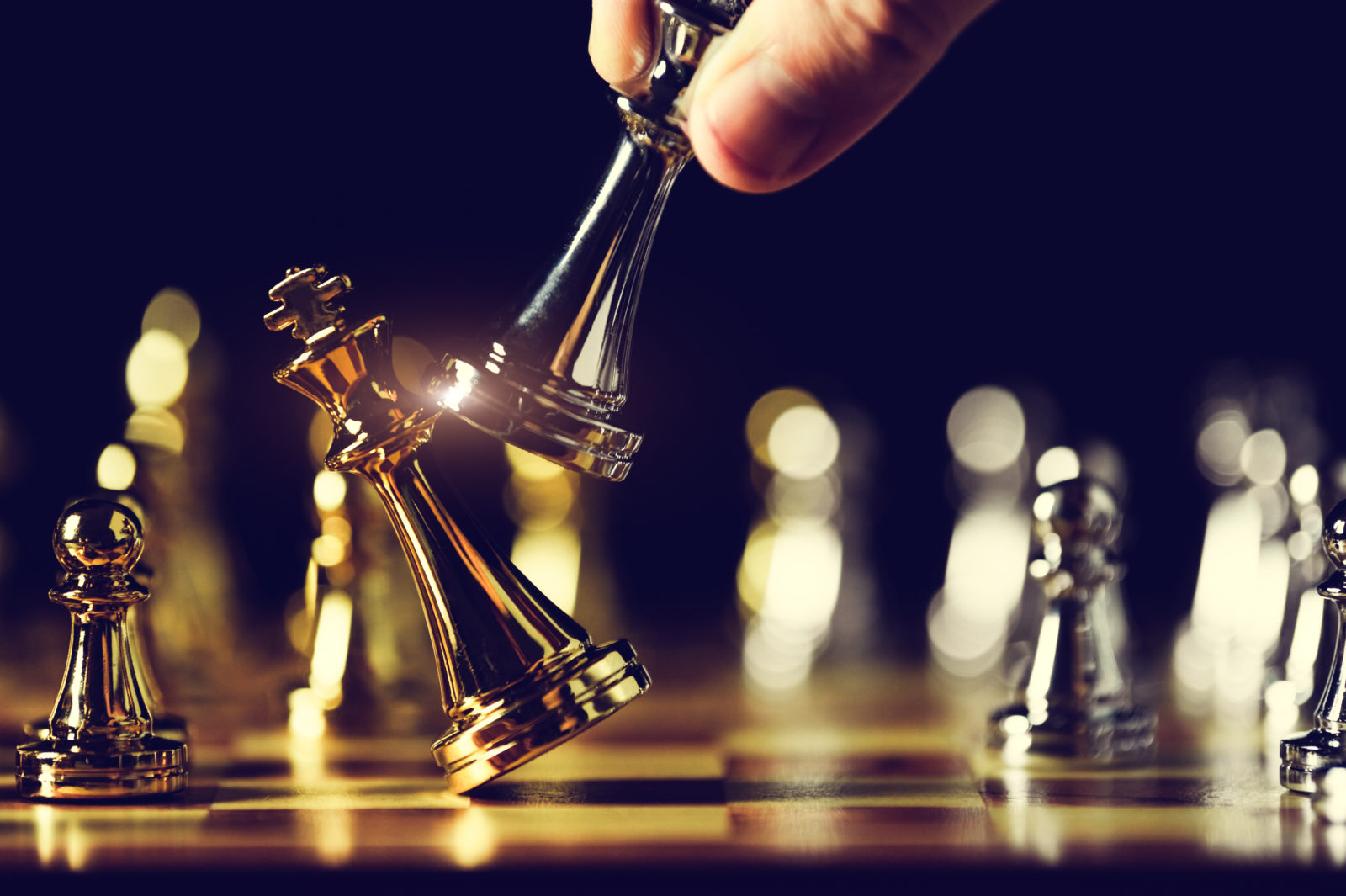Self-Leadership – that is the responsibility and discipline of leading yourself– is like a game. All games are played at two levels: the outer level, which involves the physical tasks or activities of the game, and the inner level which involves the mental, emotional or psychological processes of the players. Winning the inner game is different than winning the outer game. In fact, winning the inner game may look quite a bit different than winning the outer game.
The outer level of the game of chess, for instance, involves the movement of pieces in order to capture the opponent’s king, and therefore win the game. The inner level of the game of chess is thinking through and anticipating the moves and the extent to which one is willing to be aggressive and confident about the move one makes.
This outer game and inner game example also applies to self-leadership – and, in my opinion, the inner game is far more important. When you play the inner game of self-leadership, your primary goal is overcoming the mental obstacles that prevent your best performance. And, like in many games, as you perfect the inner game, your outer game will improve. And when your outer game improves, your inner game gets even better.
Timothy Gallwey, in his book, The Inner Game of Tennis, says that the aim of the inner is to help the player of life get in touch with the process of “natural learning”. When one’s mind is disturbed by the anxiety of self-doubt and concern about one’s self-image, and consequently is over-filled with self-criticisms and thoughts about the future and the past, it prohibits the full expression of one’s potential at that instant.
This is true whether the participant is hitting a tennis ball, making a speech, taking an exam, making a business decision, leading a meeting, or any other activity where the outcome matters. We may need to develop new thought patterns by identifying destructive beliefs and assumptions and replace them with more accurate and constructive ones.
This is important work because, honestly, you need to master the inner game of self-leadership before you can effectively lead others.
To get going on your own work, the steps to playing the inner game of self-leadership are:
- Pick a goal and articulate what you want to accomplish. Be specific and be able to describe it, picture it and understand how you feel now and how you want to feel.
- Decide if you really want your goal and be able to answer why. Make an honest assessment of whether you can. Do you have the necessary skills and resources? Don’t limit yourself.
- Determine what you really need right now. It will be less than you think.
- Exert full energy into what you are doing no matter how unimportant the task may seem. The trick is to put your energy into what you really want rather than wasting energy on goals that don’t give you what you want or need.
- Success requires a commitment. Be committed to your process. If you have the correct desire and have the basic knowledge, you can be more effective by getting out of your own way.
- Be careful of your inner voice.
If your inner voice is whispering doubts (which is not uncommon) you need to accept some truths:
- You can control your inner voice. Pay attention to what is happening in your immediate experience, not the past or the future.
- Create laser beam focus, narrow your objective and you’ll gain a lot of freedom.
- Do not focus on good, bad, positive or negative feedback. Don’t rate your performance, look at the results.
- Learn to discriminate between belief and reality. Are your thoughts true? Are you 100% sure?
- You don’t need to totally understand in order to improve. Trust yourself and let go of the judging mind.
- You are great. You need to accept yourself for who you are. Self-acceptance needs to be in place before self-leadership can be totally fulfilled.
- What matters is the journey. The trip can be fun and productive.
- This is actually simple. It doesn’t need to be complicated.
- Confidence leads to success. Success leads to confidence. Confidence leads to success.
You may even have some other mental practices that you’ve heard of or acquired along the way that can help you in your development of the inner game of self-leadership. These new patterns will need to be practiced so that you can perform your outer game of leadership with more and more skill.

